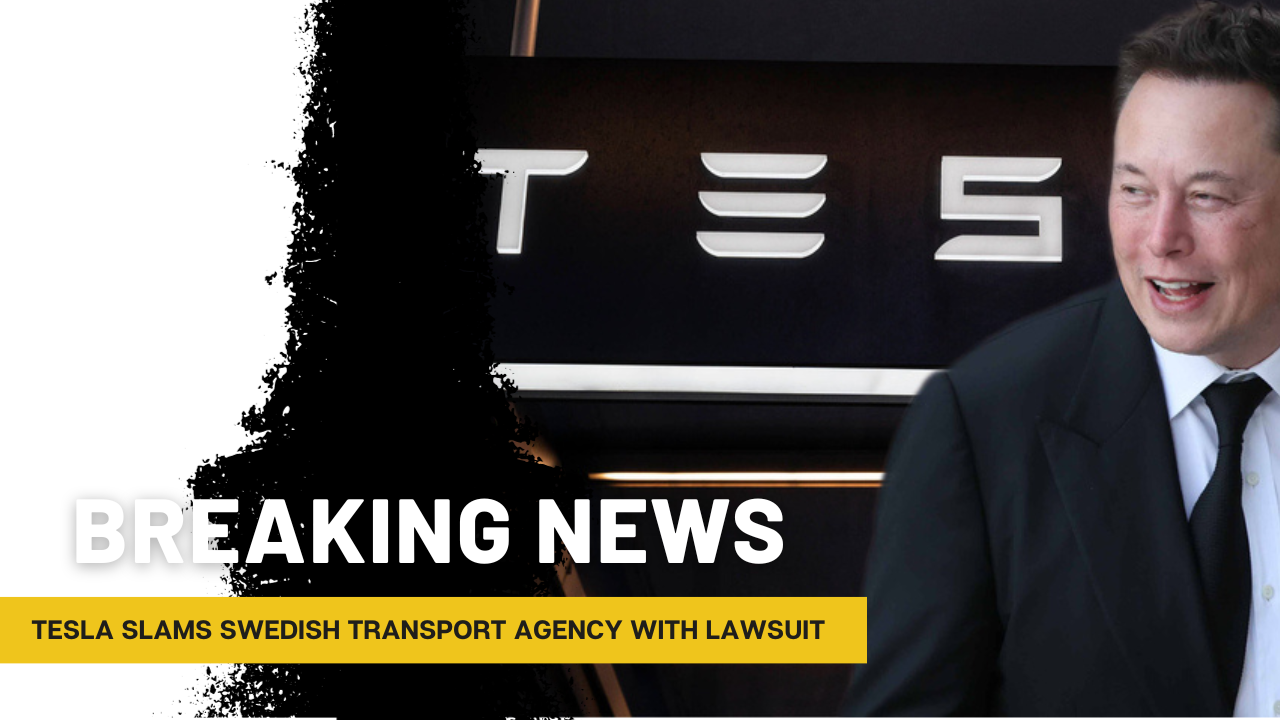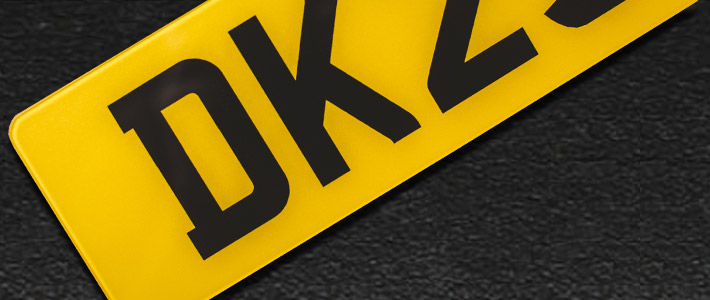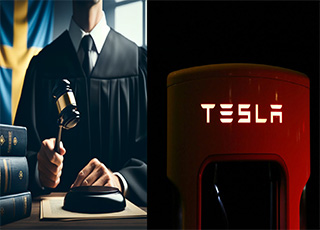In a courtroom showdown that mirrors the intensity of a Nordic thriller, Tesla has launched a legal offensive against the Swedish Transport Agency and Postnord, the Nordic postal service. The battlegrounds? Norrköping and Solna District Courts. The reason? A blockade on Tesla’s number plates due to strikes by Swedish workers.

The legal duel began on November 27 when Tesla filed a lawsuit at Norrköping District Court against the Swedish Transport Agency, located in the very region where the agency holds sway. In tandem, Elon Musk’s electric vehicle giant initiated another legal skirmish against Postnord at Solna District Court.
Tesla’s legal artillery aims at unblocking the hold on number plates for its vehicles caused by strikes. The company alleges that the actions of striking workers amount to a ‘targeted, baseless, and discriminatory attack’ on Tesla, its employees, and its valued customers.
The legal saga unfolded further as a court order sought an interim safety measure, allowing Tesla to collect number plates directly from the manufacturer during the legal proceedings. This request found approval at Norrköping District Court, signaling a significant development in Tesla’s favour.
However, the Swedish Transport Agency swiftly opposed the court’s decision, deeming it a breach of their agreement with the supplier. Security concerns were cited as the reason for insisting that plates be delivered exclusively through Postnord. Anna Berggrund, Director of the Vehicle Information Department at the Swedish Transport Agency, clarified that their mission is to provide license plates through procured suppliers, fulfilled by delivering the plates to Postnord.
The district court’s decision, as reported by Dagens Industri, a leading Swedish business publication, mandates the Swedish Transport Agency to agree, within seven days, to allow Tesla to collect license plates. Failure to comply risks a hefty fine of SEK 1,000,000. The decision, as per the court’s opinion, considers the security measure proportionate.
The Next Chapter in the Legal Drama
The Swedish Transport Agency now has a 14-day window to lodge an appeal. Should this transpire, the district court would be obliged to re-examine the matter. The decision, made without hearing the other party, was justified by the court’s apprehension about the risk of delay, taking into account the ‘considerable damage’ inflicted on Tesla and its customers daily.
In response to the district court’s decision, Tesla issued a succinct statement expressing satisfaction. The decision allows Tesla to resume delivering new cars to its eagerly awaiting customers.
Tesla’s Unyielding Stance in Labour Relations
Operating globally as a non-unionised company, Tesla, with its approximately 127,000 employees worldwide, has consistently rebuffed calls for union formation. The number plate blockade initiated by IF Metall, the union representing mechanics, has prompted other Swedish unions to introduce ‘sympathy measures’ in an attempt to coerce Tesla into signing a collective agreement.
Despite belonging to local unions in Sweden, striking Tesla workers at IF Metall find themselves excluded from sectoral collective agreements due to the company’s unwavering anti-union stance. The postal blockade imposed by Seko, the postal union, has further complicated matters, disrupting the delivery of number plates for newly registered Tesla cars.
As this legal odyssey continues, Tesla navigates the intricate terrain of Swedish regulations, union pressures, and courtroom battles. The outcome remains uncertain, and the company faces the dual challenge of maintaining its non-unionised stance while ensuring a seamless process for delivering vehicles amidst the ongoing disputes.



